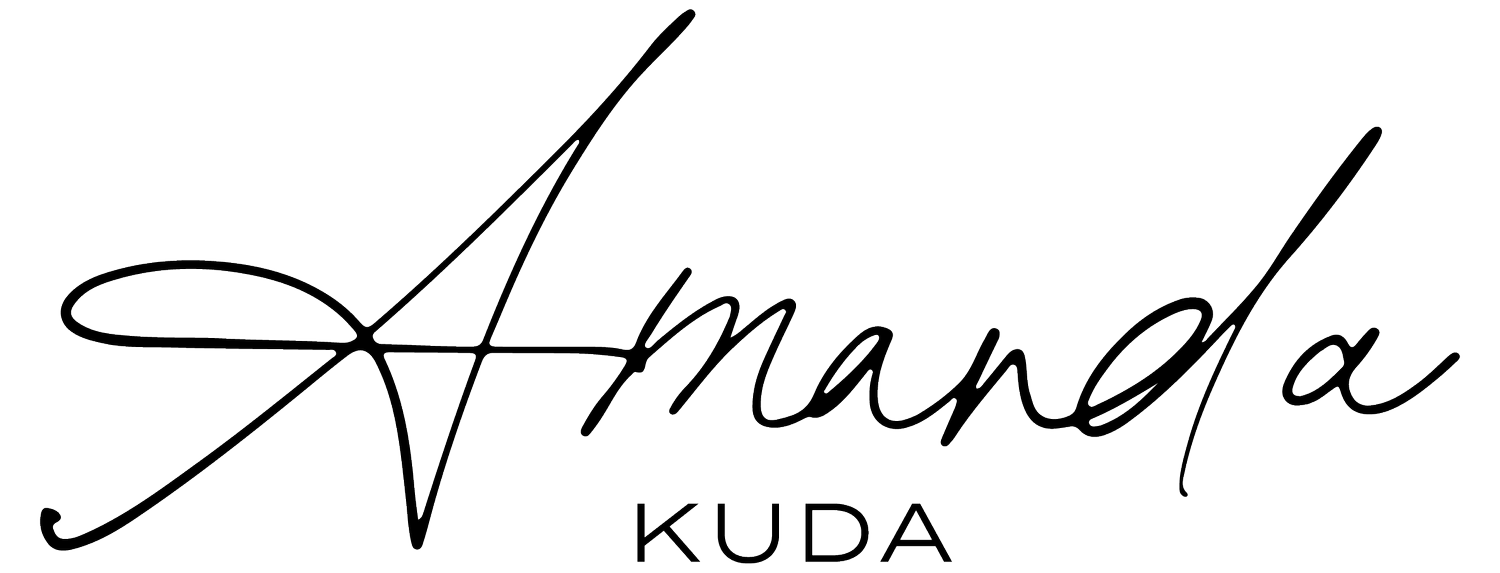Is Drinking Alcohol Part of Your Upper Limit Problem
Years ago, a mentor of mine recommended I read a small, but powerful self-help book by Gay Hendricks called The Big Leap. To this day, The Big Leap remains one of the most profound personal development books I’ve ever read and it’s the single book I consistently recommend to my clients and friends. I was even fortunate enough to interview Gay Hendricks on my podcast a few years back.
While Hendricks poses many simple introspective questions inside of his book, one concept in particular stuck with me: The Upper Limit Problem. This is Hendrick’s explanation of the human tendency to bump up against limits in our attempts to grow. He posits that, when we hit our upper limit, that we subconsciously self-sabotage. The areas we sabotage are unique to the individual, but could include a great relationship, a professional win, or a financial windfall.
In my five, plus years working as a life coach in the elective sobriety space, I’ve noticed a sneaky and pervasive occurrence of The Upper Limit problem in the women I work with who are exploring an alcohol-free lifestyle.
Outwardly, these women already have it all together. They are intelligent, with great jobs, social circles, families, and material possessions. Inwardly, they feel anxious, unfulfilled and disconnected and know they have been using alcohol as a tool to numb and avoid their discomfort.
Ironically, as I’ve observed it at least, casual and social drinking serves as a way for these women to subtly avoid approaching their upper limit. You see, alcohol keeps them confined to “good enough” or checking all of the boxes of outward success, without feeling the effects internally (typically because they are pursuing someone else’s model for success and achievement versus their own dreams and desires).
These women come to me because they’ve started to feel discontent with the lives they’ve built and sense that their relationship with alcohol is what’s keeping them stuck in limbo between the “good enough” life they’ve built and the “great” life they deeply desire.
In working together, I support them in breaking up with alcohol, managing the tricky emotional and social situations that arise when booze is no longer an option for an emotional anesthetic or social lubricant, and taking aligned action to create the life they desire.
Here’s where things get existentially tricky. With alcohol out of the way, these women often struggle most with one of three things:
The continued social pressure to drink
The discomfort of having to sit with (feel and process) heavy emotions such as anxiety, stress, overwhelm, grief, and frustration
The discomfort of having to experience vibrant emotions such as joy, love, success, and happiness.
In my experience, it is this third factor that can be the most disarming. You see, as women especially, we are taught not to take up space. We are encouraged to be humble and polite. We are not encouraged to be big, bright, brilliant, and successful. In fact, in many ways, we have been shown it is at best impermissible to be fully self-expressed and at worst, unsafe.
So, time after time in working with my clients and students, it is not the stressful moments that cause them to slip up on their alcohol-free journey. Rather, it is the joyful moments when they are on the brink of success and happiness.
In these moments their internal dialogue becomes sneaky (as a saboteur often is). Their thoughts sound something like this:
…It’s such a beautiful day. It would be nice to enjoy just one drink.
…I’ve worked so hard for this. I should have a drink to celebrate.
…I’m feeling so giddy, surely this is a great time to test the waters and have a drink.
As you can see, these internal conversations in times of happiness and success sound rather harmless and entirely logical. And yet, it’s these seemingly logical moments that tend to trip us up.
Why? Because most of us have a deflated threshold for feeling good. That sounds messed up, I know. But if you’re someone who has operated in a slightly dulled down state for a decade or more (the minimum span of the drinking careers of most of the women I support), it would only make sense that feeling true joy, success, and happiness might feel uncomfortable.
In the face of discomfort, it makes sense that we might turn back to the one tool that’s been a cure all for ailments large and small: Alcohol.
Inside of my coaching practice, I work with my students and clients to help them increase their capacity for joy and success. Together, we work to slowly build up their tolerance (I know, it feels insane to type that we need to “tolerate” success) to success so that when bigger and bigger successes come, that they feel worthy, deserving and capable of experiencing the emotions that come with it.
If you’re on an alcohol-free or sober curious journey and have ever “slipped up” during a moment of happiness or success, you’ll know how confusing and frustrating this can feel.
If you’d like some more resources to support you in understanding your Upper Limit and how alcohol is keeping you from surpassing it, check the links below for upcoming events and opportunities.

